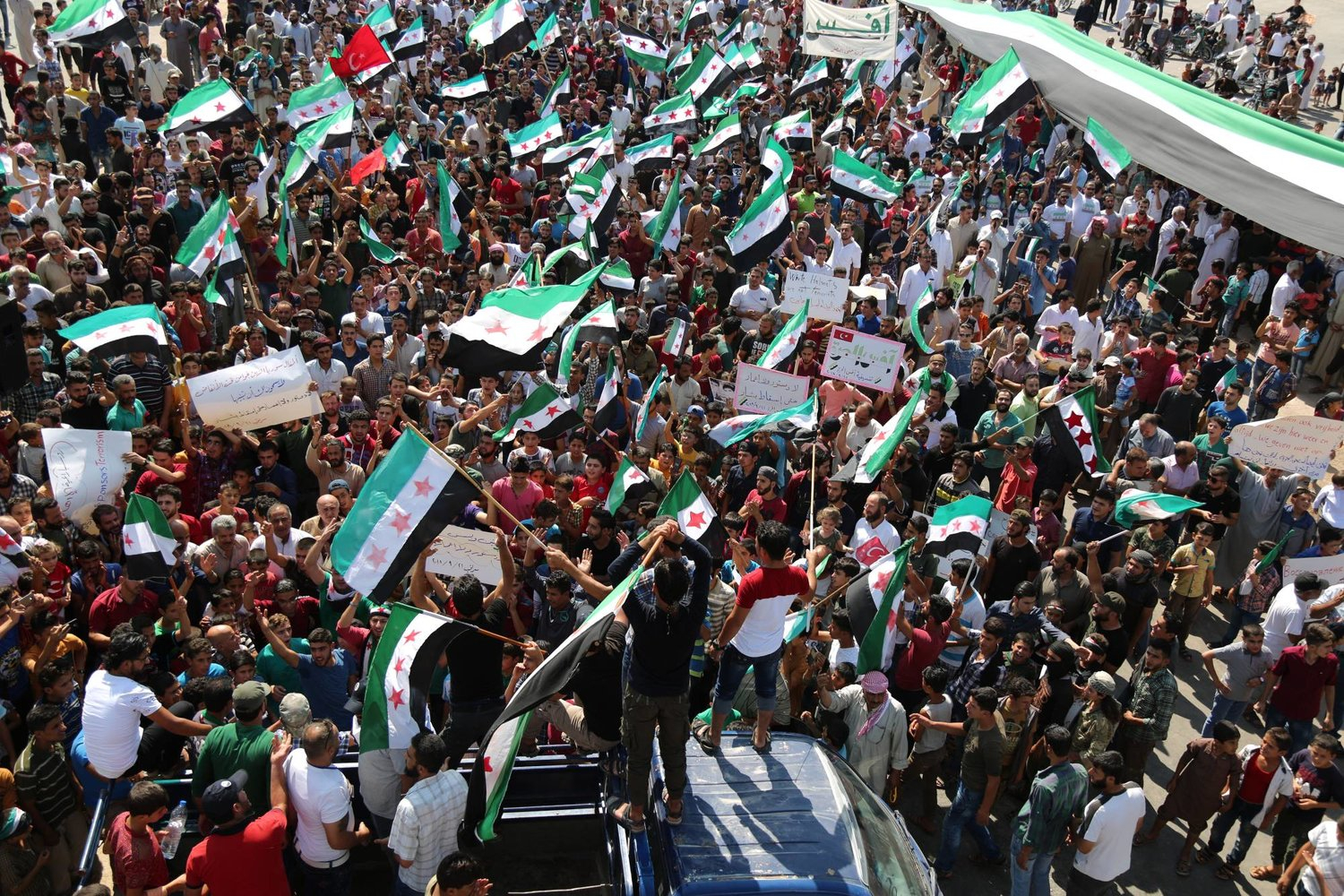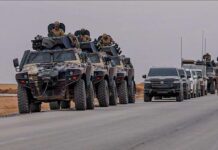
A coalition of activists, academics, and civilians in the northern Aleppo countryside has launched a grassroots movement known as the “Dignity Sit-in,” aiming to reshape the leadership of the Syrian Revolution and restore the revolution’s original goals. The movement, which began on July 1, is pushing for the formation of a new “Supreme Revolutionary Command Authority” to replace the current structures, which they view as ineffective.
The Dignity Sit-in emerged in response to rising frustration over the perceived administrative failures of the Turkish-backed Syrian Interim Government (SIG) and the Syrian National Army (SNA) in the region. The movement’s leaders argue that the existing Syrian National Coalition (SNC) for Syrian Revolutionary and Opposition Forces, along with its affiliated bodies, has failed to achieve the revolution’s aims since its formation in 2012.
“The Dignity Sit-in Movement is a continuation of the Freedom and Dignity Revolution of 2011,” said Muhammad Suleiman Dahla, a lawyer and the movement’s official spokesperson. “Our demands reflect the high expectations of the people, who want real change.”
Key demands of the movement include the formation of a supreme body to lead the revolution and the dissolution of the SNC and its affiliated institutions, including the SIG, the negotiating committee, and the constitutional committee. The movement’s leaders believe that only by creating a new, democratically elected leadership can the revolution’s objectives of freedom and dignity be realized.
In July, the Dignity Sit-in organizers announced the formation of a preparatory committee tasked with laying the groundwork for the establishment of the Supreme Revolutionary Command Authority. The committee, composed of seven members, is responsible for preparing the tools and mechanisms necessary for the authority’s formation, which is expected to take place within the next few months.
“The call to abolish the National Coalition will coincide with the formation of the supreme body,” stated a recent declaration by the sit-in’s administration. This new body is envisioned as a legislative authority that will guide the revolution, manage civil and political affairs, and ensure the independence of the judiciary in the liberated areas.
Lawyer Fahd Al-Mousa, chairman of the preparatory committee, emphasized the need for broad-based participation in the electoral process. “We call on all free Syrians, wherever they are, to choose their representatives through free and fair elections,” Al-Mousa said in a recent interview.
The committee has already begun forming subcommittees across Syrian governorates to facilitate the selection of representatives for an electoral college, which will in turn elect the Supreme Revolutionary Command Authority.
The movement has outlined a comprehensive plan for the new authority, which includes the creation of a political body to steer the revolution, an executive administrative body to manage liberated areas, and a Supreme Judicial Council to safeguard judicial independence. The ultimate goal is to achieve a political transition in Syria that aligns with international resolutions and brings an end to the Assad regime.
Preparations are ongoing, with the electoral process expected to be completed within three to four months. The elections will be conducted in person, with live broadcasts on social media to ensure transparency. The movement’s leaders are confident that this initiative will return the revolution to its original path and reestablish the legitimacy of the Syrian people’s struggle for freedom and dignity.








